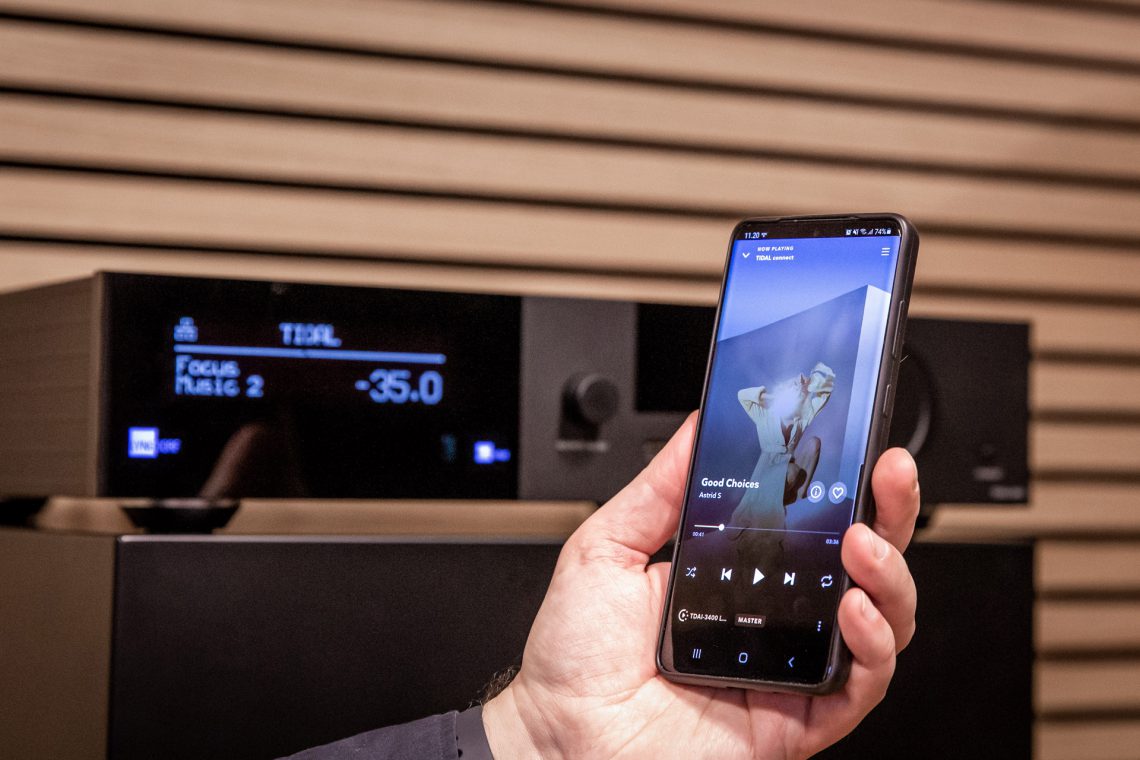

TIDAL CONNECT MQA BLUETOOTH
Hiby devices seem able to transport over UAT/LDAC Bluetooth with their own Hiby link (while using the Tidal app for first unfold) to Hiby link enabled DAC’s. Then you also have this new UAT (and LDAC) bluetooth bandwidth, so you could stream high-res from your UAT/LDAC enabled phone or devices like Hiby. In fact with greater bandwidth now other hi-res (non-MQA) services (like Qobuz and Highresaudio) will also gain more market volume. It doesn’t hurt and you are not locked into MQA once you start using this service. Desktop DAC should be fully decoding only.” And say more about the fact that even without any MQA decoding it still sounds awesome, so people will be less hesitant to start using MQA enabled services like Tidal. Like “some low powered smaller devices can still have a good level of sound using MQA twice unfold. And some examples of expected applications with an explanation. I think it would have been better if MQA had prescribed conventional naming with clear definitions.

I think this is what SMSL calls “4x MQA”. Then “renderer only” devices: most can do twice and third, but it seems some smaller devices can do only twice. The “full decoding” devices can do a complete first, twice and third unfold. While the MQA docs talk about “expand” once, twice or third time. Last unfold, or 4x MQA/ 16 MQA (SMSL e.g.). Now you see some manufacters start to talk about: The vagueness happens probably because of marketing reasons: no manufacturer wants to name their device: “MQA rendering ONLY”, as it seems like you are buying a not so great product. This way it is appropriately distinguishing from “rendering only” devices.
TIDAL CONNECT MQA FULL
Because in the detailed device pages they use this term full decoding only for devices that have the “first unfold” license. At least on their generic device introduction page they should avoid the terminology “fully decode” in order to prevent any confusion.
TIDAL CONNECT MQA LICENSE
rendering for final unfold: rendering ONLY (no license for first unfold this means that files will play for example 48khz 24 bit, but without the lossy MQA part added.



 0 kommentar(er)
0 kommentar(er)
